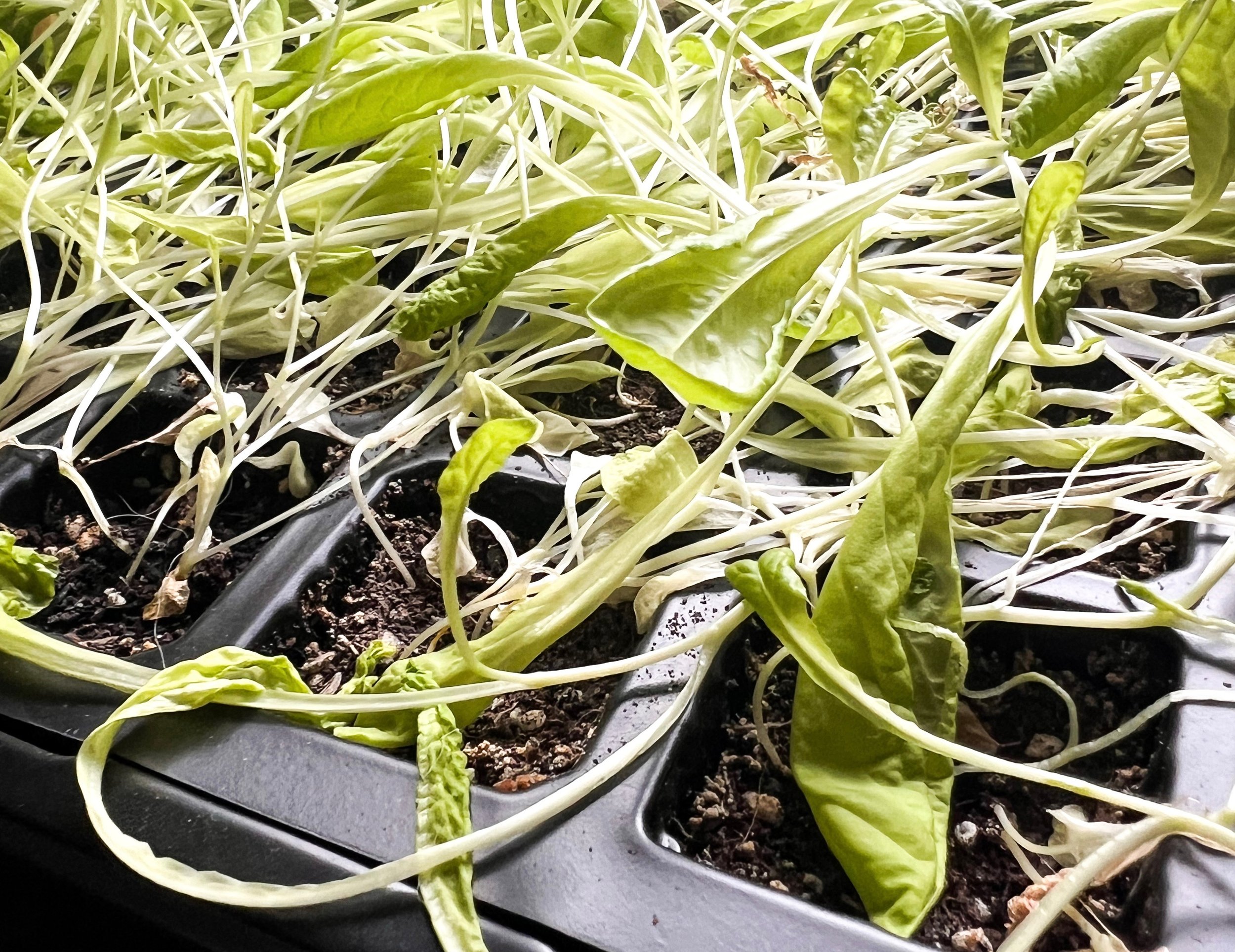The Lettuce Will Wilt: You’re Not Meant to Do It All
A Rooted in Truth Reflection
This morning I sat beside my plants, hands busy, mind scattered, and there it was—
wilted lettuce. Forgotten, sun-stressed, and past its prime.
It struck me like a parable. Not because the lettuce was ruined (it happens). But because it revealed something deeper: you can’t do it all.
Not in one season.
Not without help.
Not without something else giving way.
⸻
We live in a culture obsessed with productivity and perfection. Somewhere along the way, the Proverbs 31 woman was turned into a Pinterest board—polished, idealized, hustling from dawn until dusk without a hair out of place.
But that’s not what Scripture actually tells us. She was wise, resourceful, diligent, and respected. But she didn’t do everything at once. And she certainly didn’t do it alone.
“She rises while it is yet night and provides food for her household and portions for her maidens…”
— Proverbs 31:15
Portions for her maidens.
She had help.
She delegated.
She rested in her role, not because she hustled harder than everyone else, but because she walked in wisdom and order.
⸻
Meanwhile, many of us are over here managing homes, children, businesses, gardens, relationships, ministries—and when something slips through the cracks, we feel like failures.
But the lettuce will wilt.
Because we’re not designed to be everything to everyone.
Because faithfulness doesn’t mean burnout.
Because seasons shift, and priorities must too.
⸻
Maybe in this season, your lettuce is the laundry.
Or the dishes.
Or responding to texts.
Maybe it’s skipping the elaborate homeschool plan in favor of backyard dirt and ducklings.
Maybe it’s letting the sourdough rest for a while, because you’re tending hearts instead of loaves.
That’s not failure.
That’s discernment.
⸻
We are called to be faithful—not flawless. And the Proverbs 31 woman? She wasn’t created to shame you. She was written to inspire you—to remind you that strength and dignity look like wisdom in action, not constant motion.
“We are called to be faithful—not flawless.”
So if something is wilting in your life today, take a breath. Let it go. Maybe even say thank you for what that wilted thing taught you. And then return to what matters most, knowing you are enough in this season, as you walk with Him.
⸻
A Closer Look: She Did Not Work Alone
The phrase “and portions for her maidens” in Proverbs 31:15 is often overlooked. In Hebrew, the word “na‘ărâ” (נַעֲרָה) refers to young women or maidservants—helpers within the household. This verse reminds us that the Proverbs 31 woman wasn’t a one-woman show.
She had a support system.
She delegated and shared responsibility.
Her strength wasn’t in doing everything, but in discerning what needed her attention—and what could be entrusted to others.
⸻
We tend to read this passage with modern eyes, forgetting that ancient households were communal. Women worked together. Children worked alongside parents. Life was rhythmic and often slower, tethered to the sun and the seasons—not notifications and non-stop striving.
⸻
Even God Rested
After six days of creation, God Himself rested—not because He was tired, but to model rhythm.
“By the seventh day God had finished the work He had been doing; so on the seventh day He rested from all His work.”
— Genesis 2:2
Sabbath rest isn’t about idleness. It’s about alignment—about returning to the Source, laying down our striving, and remembering that the world doesn’t spin because we hold it together.
It spins because He does.
“In repentance and rest is your salvation, in quietness and trust is your strength…”
— Isaiah 30:15
Rest is an act of faith.
⸻
So Let the Lettuce Wilt
Let the inbox go unchecked.
Let your soul breathe.
You weren’t made to do it all.
You were made to walk with the One who already has.
“You weren’t made to do it all. You were made to walk with the One who already has.”
P.S. If your soul is craving quiet moments and slower rhythms, Evening Garden tea was blended to be just that—a gentle companion for rest, reflection, and restoration. You can explore it here.

